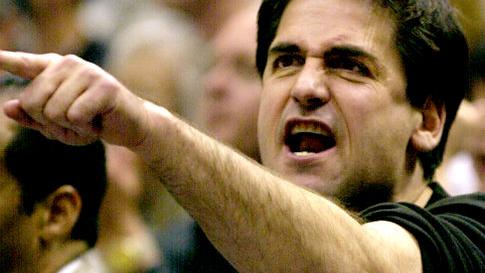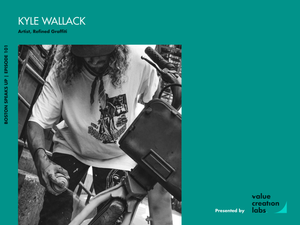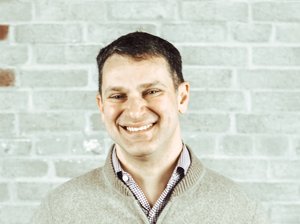
We shouldn’t expect much of an improvement in the economy. “Who gets elected won’t make a dang bit of difference,” writes Mark Cuban, owner of the Dallas Mavericks. Why? Because student loan debt has exceeded one trillion dollars.
Cuban penned a post “The Coming Meltdown in College Education & Why The Economy Won’t Get Better Anytime Soon.” He points to the one trillion dollar mark, saying, “We freak out about the trillions of dollars in debt our country faces. What about the TRILLION DOLLARS plus in debt college kids are facing?” He claims getting a student loan is too easy.
It all seems simple, right? The better the school, the easier it will be to land a job upon graduation. So, why not just take out the student loans and choke down the debt? Well, because not all those magical jobs you’re dreaming about are out there.
“I don’t think any college kid took on tens of thousands of dollars in debt with the expectation they would get a job working for minimum wage against tips,” Cuban says.
Once more students start to realize this, however, and the price of tuition continues to skyrocket, Cuban thinks those students will start heading to non-accredited institutions. He writes:
As an employer I want the best prepared and qualified employees. I could care less if the source of their education was accredited by a bunch of old men and women who think they know what is best for the world. I want people who can do the job. I want the best and brightest. Not a piece of paper.
And here’s where online education comes into play. Although, I don't think online education will fully replace traditional learning, it could play an instrumental role in lowering student loan debt, perhaps eliminating the MBA, as my colleague Walter suggested.
edX could be a game changer, at least if more schools were to hop on board the platform. Cuban didn’t mention it, although he appears to be pessimistic regardless. “Beyond allowing some of their classes to be offered online, [traditional university educators] haven’t. They won’t.” In Cuban’s eyes, “university presidents care about nothing but getting their endowments and revenues up. If it means saddling an entire generation with obscene amounts of school debt, they could care less. This is how they get their long term contracts and raises.”
The biggest problem the economy has could be the soaring student debt college graduates are finding themselves weighed down with. No longer are students leaving school and renting an apartment or buying a new car. Instead, as Cuban suggests, they’re moving back in with their parents and hopping on public transportation. “So until we get the meltdown in college education, don’t expect much improvement in the economy,” he says.
Higher education needs to change their business model now before it’s too late. In an ideal world, I see schools striking a balance between online education and slightly non-traditional, in-person, peer-to-peer learning. Students can take introductory courses anywhere, and for free. That’s why there’s Khan Academy, Coursera, MIT OpenCourseWare and, now, edX. Why require students take those classes, and then pay hundreds for them, when they can be completed for free?
Cuban certainly is on to something. Yet, could that "something" be online education?
Photo Courtesy of the Dallas Voice








